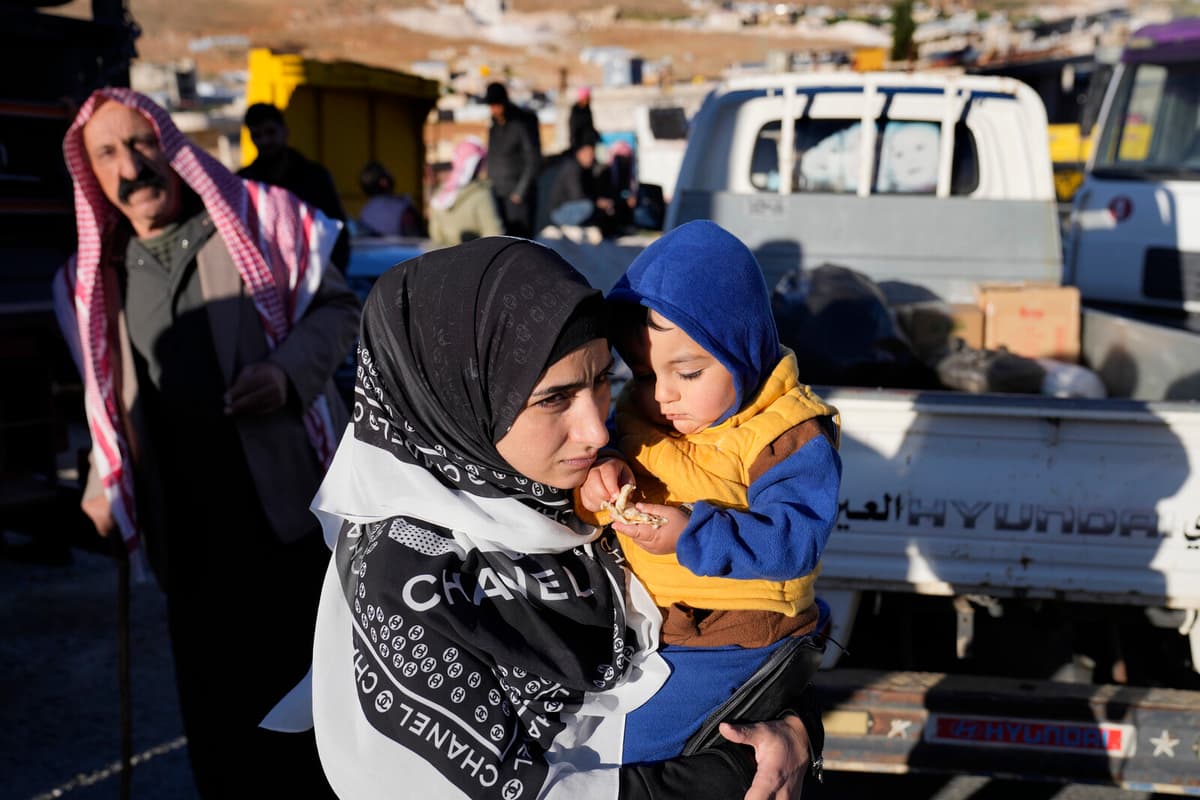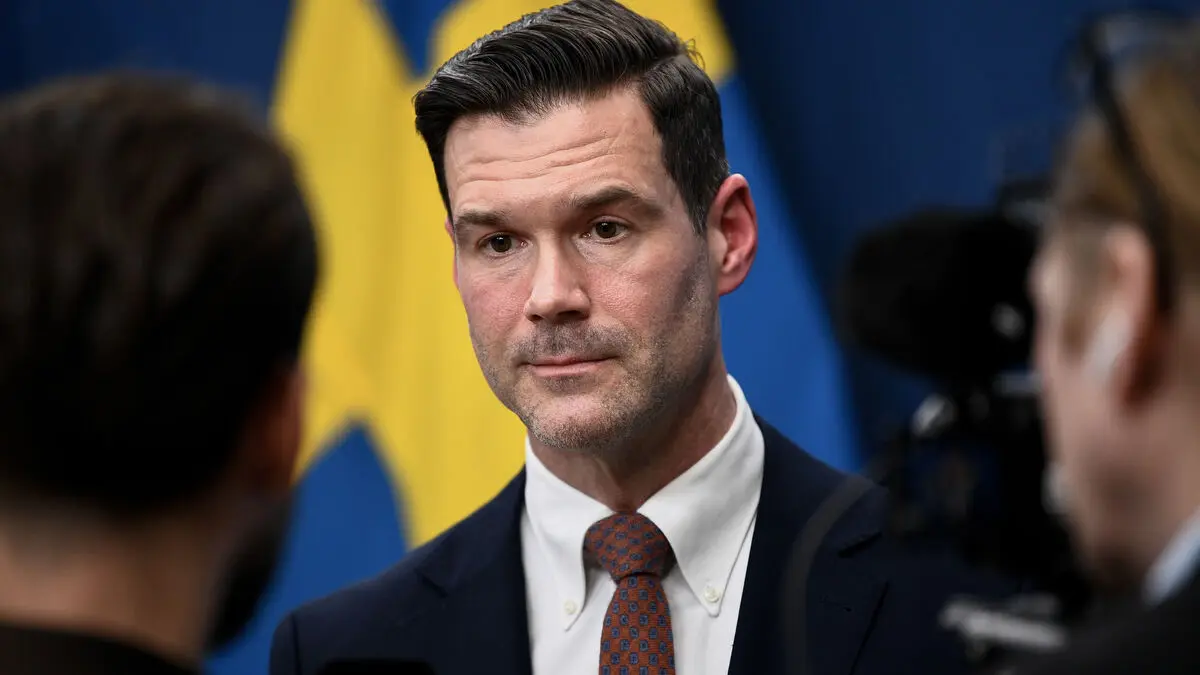The EU's heads of state and government are holding a summit at a time when the border agency Frontex has reported a 42% decrease in the number of migrants and asylum seekers arriving irregularly so far this year.
Yet, the migration debate is heated, with reintroduced internal border controls in several countries, demands for more deportations, and calls for "innovative solutions" for asylum handling.
Meloni Takes the Lead
Italy is taking the lead with its newly launched project to handle asylum applications in Albania. Prime Minister Giorgia Meloni is also opening up to sending refugees back to Syria – despite the 13-year civil war.
It is necessary to review the EU's strategy for Syria and work with all parties to create conditions so that Syrian refugees can return to their homeland voluntarily, safely, and sustainably, she said in the Italian Senate on Tuesday.
Her thoughts on Syria are not unique. The fact that hundreds of thousands have recently fled to Syria from Lebanon to escape Israel's attacks on the Iran-backed Hezbollah militia has raised questions about who can be sent where.
It is clear that when the situation is as it is in the Middle East, all countries will have to look very closely at which countries people can be sent to, simply, said Prime Minister Ulf Kristersson (M) at a press conference on Wednesday.
Understanding for Poland
However, it is emphasized that everything must be done in accordance with international law and in cooperation with the UN's refugee agency. Starting talks with dictator Bashar al-Assad is still something that very few advocate for.
But the fact that the discussion is taking place is a sign of the growing support for a tougher stance on migration in the EU.
For example, Poland's demands to break international asylum rules to handle migrants pushed over the border from Belarus are met with more understanding than criticism from other EU countries.
Several countries are also following Italy's agreement with Albania with interest. EU Commission President Ursula von der Leyen has also promised tougher rules for dealing with people staying without permission as recently as Monday.
"Shameful U-turn"
However, the criticism from aid and human rights organizations is harsh.
"The EU Commission's shameful U-turn on return centers and other so-called innovative solutions to address migration is deeply worrying," says Eva Geddie from Amnesty International in a statement.
Here are some of the ideas being discussed among EU countries in the area of migration:
* Updating and tightening EU return directives.
* Setting up return centers in countries outside the EU.
* Handling all asylum applications in centers outside the EU.
* Using EU funds for physical border barriers at the EU's external borders.
* Withholding aid or making trade more difficult with countries that do not want to take back deported citizens.
Migration was expected to be a major issue – albeit without decisions – at Thursday's summit for EU heads of state and government in Brussels.






